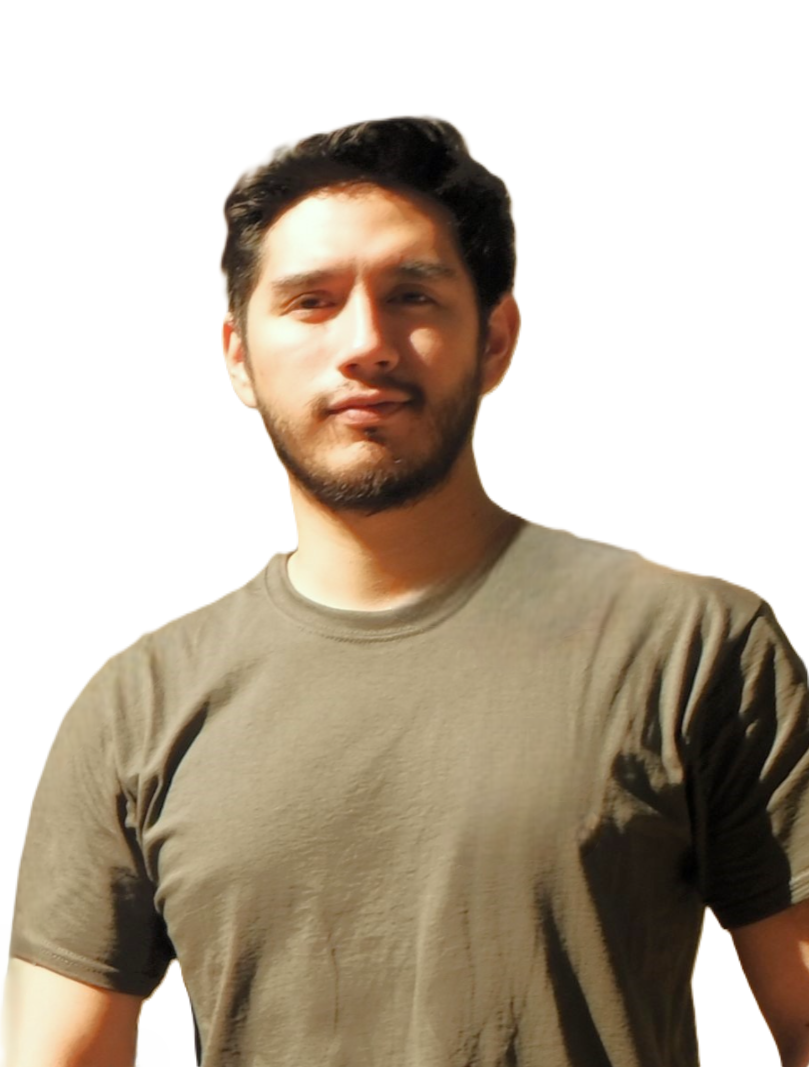bio
My main research interest is Quantum Computing, a field that I am currently exploring as a PhD student in Modeling and Data Science at the Department of Computer Science, University of Turin, Italy. I earned a Master of Science in Computer Engineering from Politecnico di Torino under the supervision of Prof. Antonio José Di Scala. Collaborating with Security Pattern, my thesis focused on integrating CRYSTALS-KYBER post-quantum cryptographic algorithms into embedded systems, leading to a first-author publication presented at the 29th IEEE Symposium on Computers and Communications (ISCC) in Paris, France. I worked as a System Manager at Ericsson, where I managed IT projects in multicultural, cross-functional environments and strengthened my soft skills, clear communication, and conflict resolution.
publications
- F. Medina, M. C. Molteni, A. J. Di Scala and L. Nava, Analysis and contributions to an open source Kyber library in Rust , 2024 IEEE Symposium on Computers and Communications (ISCC), Paris, France, 2024, pp. 1-6.
- F. Medina, A. J. Di Scala, Analysis and Contributions to a Post-Quantum Cryptography Library written in Rust for an ARM Cortex-M4 board , 2024 Master of Science's thesis, Politecnico di Torino, Italy.
research interests
-
R1) I'm interested in how to resolve current limitations in Quantum Machine Learning
(QML), including the use of a single quantum device to execute deep QML
circuits within limited qubit capacity and under noisy conditions. My proposal is to explore a
modular framework for distributed execution on locally connected quantum units.
It explores how to split circuits, support module interaction, study how different
models benefit QML tasks, and apply causal inference to prune non-relevant
parts and explain system behavior.
- R2) Distributed quantum computers connect many quantum chips over optical links, where losses, changing noise, and strict timing limit current quantum error correction (QEC). I'm interested to explore how to advance a unified, deadline-aware methodology that co-designs coding and decoding with message scheduling, explicitly using information on known losses and time-varying noise. The originality is to treat the full QEC cycle of encode, syndrome measurement, and decoding together with the network as a single system
- R3) Implement novel hybrid protocols which employ post-quantum cryptography (PQC) and quantum key distribution (QKD) methods to take advantage of the unbroken security of the quantum entanglement states for initial key distribution. Combine effective isogeny-based algorithms (such as SIDH variants) with lattice-based ones such as ML-KEM and ML-DSA.
activities
- Reviewed three IEEE papers on quantum-secure networks and systems for the 2025 IEEE Symposium on Computers and Communications (ISCC), specifically for the 30th ISCC - Workshop on Quantum-Secure Networks and Systems (QSNS), held in Bologna, Italy.
